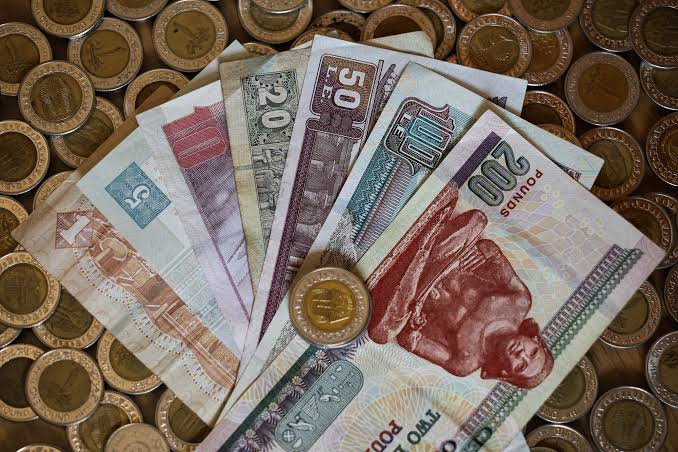In a bid to address the pressing cost-of-living challenges facing its citizens, Egypt has announced a significant increase in the monthly minimum wage, raising it by 50% to 6,000 pounds ($194). The adjustment, slated to take effect from March, forms part of a comprehensive 180 billion pound “urgent social protection package” unveiled by the government.
President Abdel Fattah al-Sisi personally directed the government to implement the wage hike, alongside a 33% rise in the tax threshold, benefiting employees across both the public and private sectors. This move comes against the backdrop of recent price increases for essential services such as electricity, metro tickets, and telecommunications, aimed at managing the country’s budget deficit.

Also, read; Ivory Coast Advances to AFCON Final with Haller’s Heroic Goal
Egypt’s economy, already under strain due to various factors including the recent Gaza crisis, a decline in tourism, and reduced shipping through the Suez Canal, faces the prospect of further challenges.
Economists anticipate another significant devaluation of the Egyptian pound in the coming months, a move that has been delayed despite calls for swift action by prominent figures like billionaire Naguib Sawiris.
 In a sign of potential economic reform, the International Monetary Fund (IMF) recently announced an agreement with Egypt on key policy measures aimed at enhancing the country’s economic resilience.
In a sign of potential economic reform, the International Monetary Fund (IMF) recently announced an agreement with Egypt on key policy measures aimed at enhancing the country’s economic resilience.
This includes commitments from Egypt to transition to a flexible exchange rate system, reduce state intervention in the economy, and foster private sector growth, signaling a step forward in Egypt’s quest for economic stability and prosperity.

